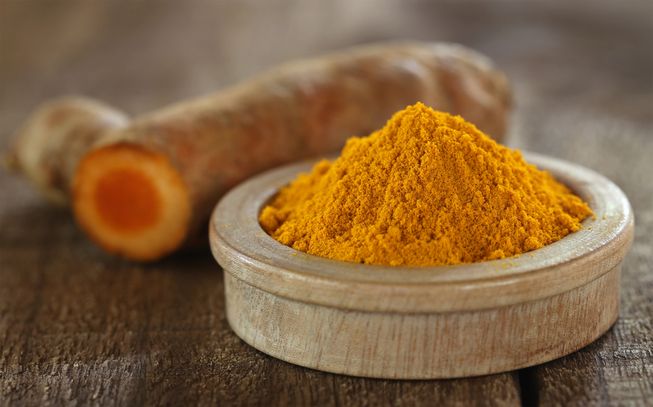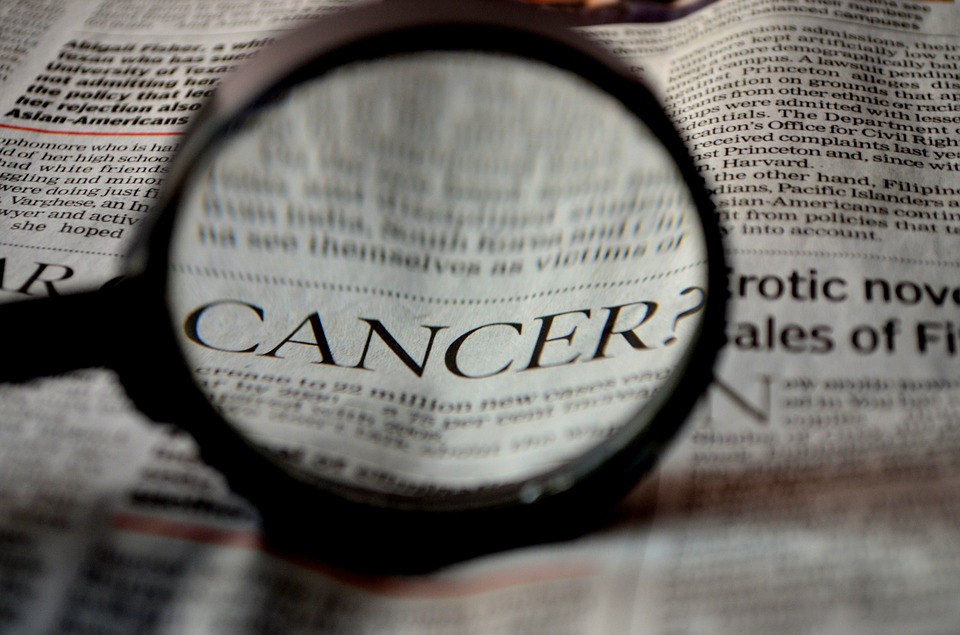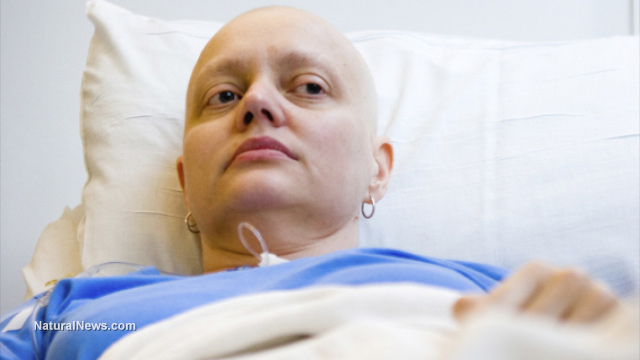Curcumin, when given in combination with drugs for lung cancer, reduces drug resistance, increasing their effectiveness
03/10/2018 / By Jessica Dolores

Shortness of breath, a hoarse voice, and persistent cough are warning signs you shouldn’t ignore. They’re the most common signs of lung cancer, the second leading type of the disease in the U.S. Patients may acquire resistance to anti-cancer drugs after an average survival period of seven to nine months. The cancer progresses, patients suffer from harmful side effects and take a turn for the worse. It doesn’t help that they and their families spend a fortune on expensive drugs, only to find out that they’re helpless against the Big C.
A study published in the Journal of Traditional Chinese Medicine offers hope for lung cancer patients and their loved ones. It showed how part of the answer lies in nature’s medicine cabinet. Curcumin, the main active ingredient in the unassuming turmeric, combined with anti-cancer drugs, can kill the tumors that cause cancer. It can also prevent the growth of drug-resistant cells to ensure complete recovery.
Cells were treated with curcumin and the anti-cancer drug gefitinib alone. Others were treated with curcumin and the drug combined. Cell growth and death were examined closely. Statistical analysis checked for accuracy the findings. (Related: Curcumin slays cancer cells in their tracks.)
Nature’s pharmacy
The good news is that results showed that curcumin and gefitinib suppress the multiplication of cancer cells. The said combination can also lower resistance to the anti-cancer drug gefitinib, and win a big part of the battle against the Big C.
What is this little hero called curcumin like? Curcumin is a bright yellow substance found in some plants. It belongs to the ginger family.
Described as a “pharmacy unto itself,” curcumin boasts anti-inflammatory, anti-tumor, and antioxidant qualities, with no side effects at all. It lowers the risk of the biggest killer the world over — heart disease — by improving the way the lining of the blood vessels work. Curcumin also helps the brain by increasing the levels of the growth hormone brain-derived neurotropic factor (BDNF). Brain disorders have been linked to low levels of this hormone.
Nature and science
Curcumin is also boon for those suffering from various aches and pains. It helps lift the burden of arthritis sufferers and those with diverticular disease, irritable bowel (IBS), inflammatory bowel disease, dyspepsia, and peptic ulcer because it protects the stomach lining.
Cancer, and other types of disease for that matter, may no longer mean the death of those who suffer from it. It need not lead to depression, even suicide, among patients who can’t bear the pain and expense the Big C is notorious for. It need not send families with or without the cancer gene in their body to the depths of despair.
The battle against cancer is a battle not only for its many patients and their families. It is a battle mankind needs to wage for its very survival.
Read Oncology.news for more coverage of cancer treatments.
Source include:
Tagged Under:



















